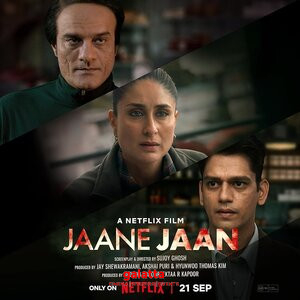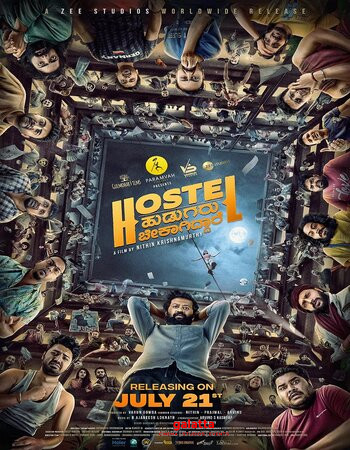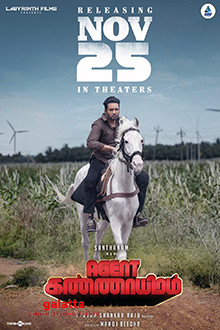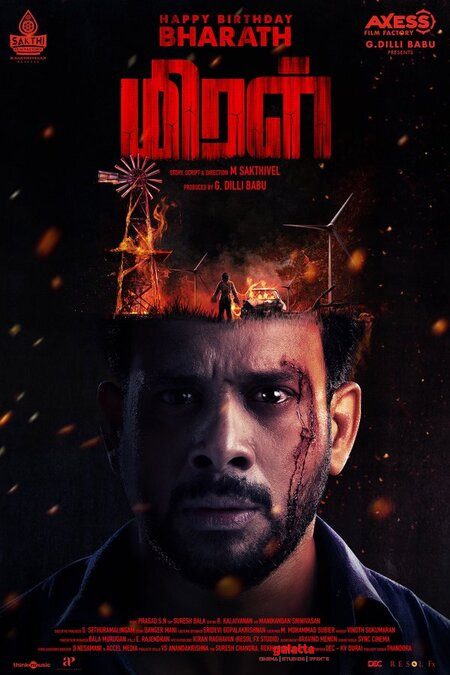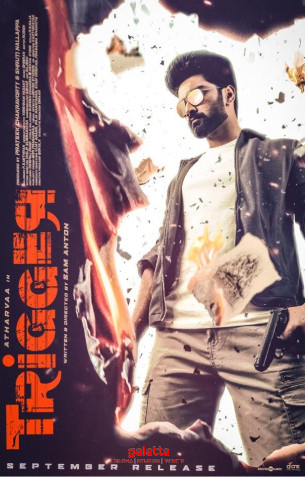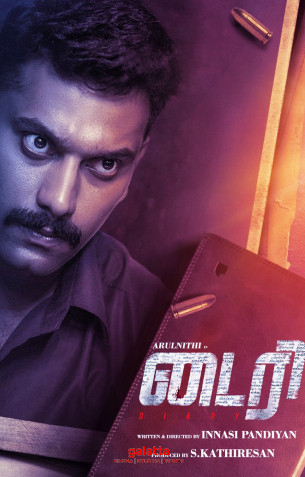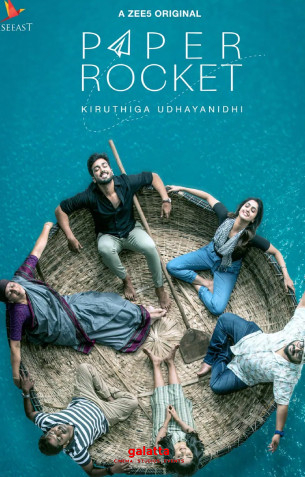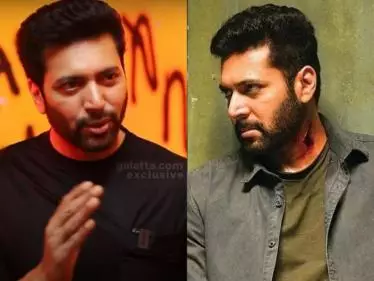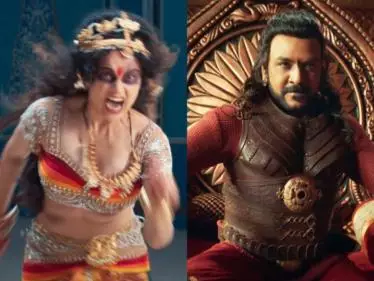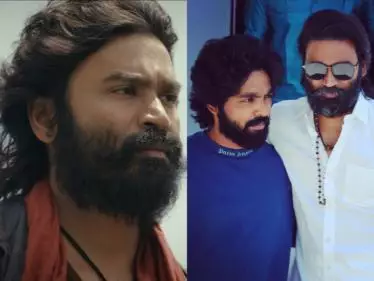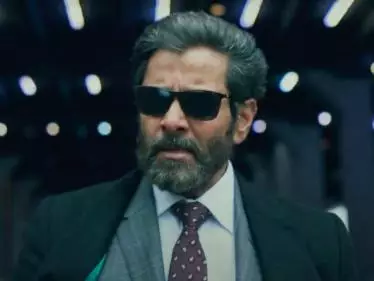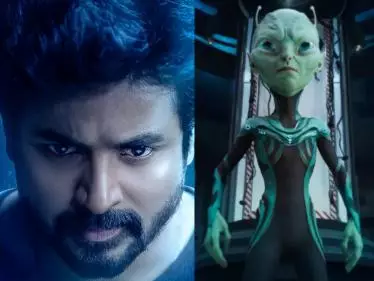Tora'S Husband Movie Cast & Crew
The latest film to be shot, edited, produced and directed by Rima Das is called Tora's Husband, and it opens with this husband (named Jaan, and played by Abhijit Das) playing with a football, all by himself, on an open ground. It is an image that suggests some kind of loneliness, and Rima suggests that we are all alone in a way. Late in the movie, we overhear a conversation between two friends, who have their backs turned to us. Who they are isn't as important as what one of them is saying. He says that we all live in different worlds even if we live in the same house. His parents, his wife, his children, his business – they are all different worlds. This philosophy, if you will, was proved painfully during the pandemic, and the events of this film take place just after the lockdown has been lifted and people are beginning to venture out.
The overall “story” is about Jaan learning to deal with his various worlds: his wife Tora (Tarali Kalita Das), his two little children, his bakery/restaurant that’s not doing too well, his mother who prefers to stay with his sister… Take the case of the mother. Jaan expects her to come and live with him, so that she can do her “duty” as a grandmother and help raise the kids. After all, Jaan and his sister had their grandmother around as they were growing up. But the mother says nothing, and Jaan leaves. Tora complains about Jaan’s frequent drinking, the kids bring on their own tensions, and the only world Jaan seems to be happy in is the one with his middle-aged friends, with whom he sings and dances and talks in a generic way, as opposed to the very specific, issue-oriented conversations he has with everyone else.
As always, Rima finds exquisite micro ways to paint a macro picture of people. When Jaan’s son is readying himself for an online exam, Jaan makes him wear the school uniform, so that the boy feels that this is as close as possible to the real deal. Tora is equally particular about things. She tells the maid to wash the dishes properly and rinse them in a way that bits of soap don’t stick on them. Also, she says, use less water. At their restaurant, Tora complains matter-of-factly when Jaan orders food for all of them. Why, then, give her the menu? He orders something that can be prepared for everyone, instead of leaving his wife and children to order what they want. As a failing restaurant owner, he is thinking about convenience, about supplies, about labour. But he is not thinking like a father or a husband.
And that’s why Tora tells a friend that Jaan is a good man, but not a good husband. He does not understand what she is going through, post the lockdown. He does not understand her feelings. She seems to have better conversations with the man who comes home to thread her eyebrows. (Now is a good time to recall that, in the title, Jaan is referred to not as himself, but as… Tora’s husband.) Rima gives us glimpses of the outside world in the small town, like an auto rickshaw with a speaker blaring “wear a mask” messages, or people protesting about the lack of food. But as always in her films, the particular informs the general, and she paints the bigger picture by focusing on Jaan’s smaller worlds – especially the worlds Tora is kept out of, like Jaan’s business. He deals with problematic customers. He deals with the bread going bad. He deals with problematic employees. He deals with stress headaches by taking long showers and by meditating in the bathroom.
Tora’s Husband feels a little different from Rima’s earlier films. Both Village Rockstars and Bulbul Can Sing were set in villages, and Rima made her protagonists one with Nature, which was practically another character. Tora’s Husband is set in a small town, and Rima makes us search (maybe even yearn) for natural landscapes. Those earlier films had children as protagonists, and they seemed fresher. We hardly get to see stories woven around girls who want to be musicians , or effeminate boys figuring out their sexuality. It’s not that we don’t feel for Jaan. Perhaps we feel a wee bit less for him, because he is a grown-up and – more importantly – he is a man. He has his escapes. He has his drink. He has his friends. He doesn’t feel as subdued by patriarchy as the girl-protagonist of Village Rockstars or the children in Bulbul Can Sing. And as a beggar says, as a grown-up, you should know that happiness and sadness are a part of life.
Maybe it would have helped if we had seen the pre-pandemic Jaan versus the man we see now. We get this sentiment in words, when Tora tells him he is not the Jaan she loved. But those are her words, not ours. Still, Rima finds ways to keep pushing this story into unexpected corners. There’s a runaway dog. There’s a lovely scene in a terrace where Tora rides her son’s cycle, stealing a rare happy-moment for herself. Meanwhile, Jaan takes up construction work to make some extra money. After all, someone has to pay for the extras, like his son’s classical-music lessons. It can’t be easy. If death is one way to slip into another world, Tora’s Husband tells us that you can lose living people equally by seeing them slip away into their own little worlds. The last stretch is very moving, with two people in two isolated worlds using technology to reconnect. Maybe there is hope, after all. Maybe Jaan will return to being “Tora’s husband”, after all.


